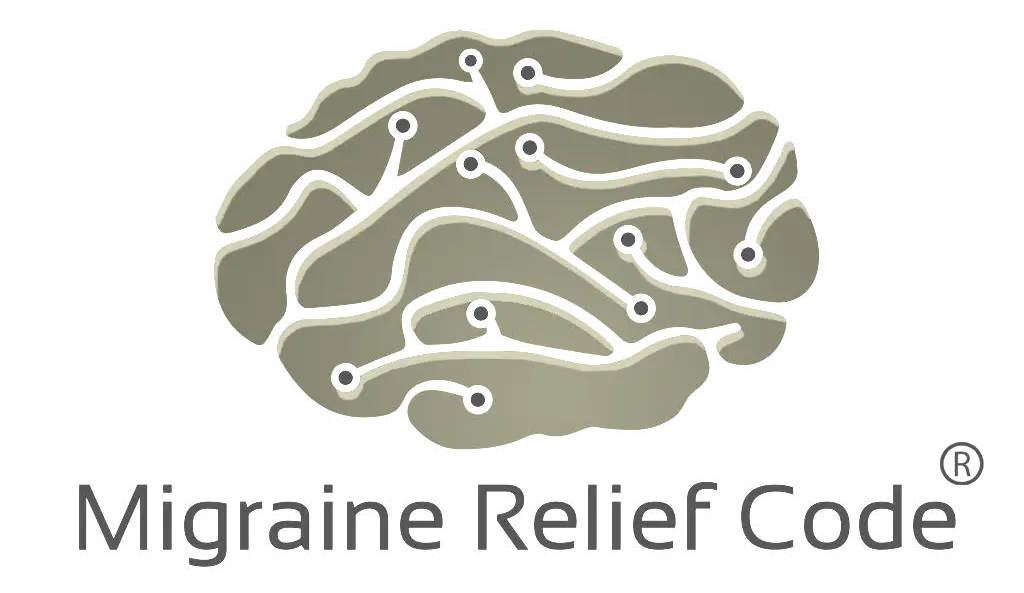What Your Gut Has to Do with Your Migraines (Even If You Don’t Have Gut Symptoms)
Hi friends,
I just completed the first stage of my Functional Medicine certification through the Institute for Functional Medicine (IFM), and wow—do I have a lot to share with you.
Today, I want to start with a topic that surprises many of my migraine patients: leaky gut—also known as intestinal permeability—and how it connects to migraines.
There are two things I hear all the time when I bring this up:
-
“But I don’t have any gut symptoms.”
-
“Even if I did… what does my gut have to do with my migraines?”
Let’s talk about both.
“I Don’t Have Gut Symptoms—So My Gut Must Be Fine, Right?”
Not necessarily.
Many people with migraines have silent gut issues. When we do deeper testing—especially functional lab tests like IgG food sensitivity panels—we often uncover hidden immune reactions to common foods. These aren’t your typical food allergies that cause an immediate reaction like hives or an allergic reaction to peanuts, for example. Instead, they cause a low-grade immune response that can quietly fuel inflammation in your body.
And inflammation is a major trigger for migraine.
These reactions can shift over time depending on things like stress, sleep, and the overall state of your gut lining. That’s why conventional doctors often dismiss IgG testing—because the results change over time. But functional medicine recognizes that your body is dynamic and what matters most is what’s happening right now, so we can calm your immune system and reduce inflammation at the source.
You might also just be used to feeling suboptimal. That was my story.
When my daughter was diagnosed with celiac disease, our whole family shifted to a gluten-free diet. Only then did I realize that I had been reacting to gluten all along. I had chalked up my bloating and “three-months-pregnant” belly to overeating—but really, my intestines were inflamed.
It wasn’t until I removed the trigger that I discovered what feeling good in my belly actually felt like.
So if you’re thinking, “But I feel normal,” ask yourself: What if ‘normal’ just means you’ve never felt better?
“Okay… But What Does My Gut Have to Do with Migraines?”
Here’s the connection:
Your gut lining is designed to keep food particles and toxins inside your digestive tract—out of your bloodstream. When that lining gets damaged (from poor diet, stress, medications, toxins, etc.), it becomes “leaky.” That means undigested food particles and bacteria can pass into the bloodstream, where they trigger your immune system.
That immune response releases chemicals—called cytokines and interleukins—that travel throughout your body, including up to your brain. These inflammatory messengers can activate the trigeminal nerve, which is responsible for the migraine cascade. That’s the same nerve that reacts to sinus infections, dental work, and barometric pressure changes.
When inflammation irritates this nerve, the migraine circuit gets switched on.
And voilà—headache.
What You Can Do About It
Yes, you can keep treating migraines with medications like NSAIDs or steroids, which temporarily calm inflammation. But if you’re serious about healing, you need to go upstream—to the source of the inflammation itself.
For many people, that source is the gut.
By identifying and removing the foods or toxins that are triggering your immune system, and healing the gut lining, we can often reduce or even eliminate migraine frequency—and help you feel better in every part of your body:
-
More energy
-
Less joint pain
-
Clearer thinking
-
Fewer flares
Functional medicine helps us stop chasing symptoms and start resolving root causes.
Want to Learn More?
If this resonates with you, I made a short video that walks you through this concept and other root causes of migraine in more detail.
🎥 Watch it here: MigraineClass.com
You deserve to live without chronic pain. Let’s start by healing from the inside out.
With hope and clarity,
Dr. Amelia Scott Barrett, MD
Founder, Migraine Relief Code
This is the body of the text
